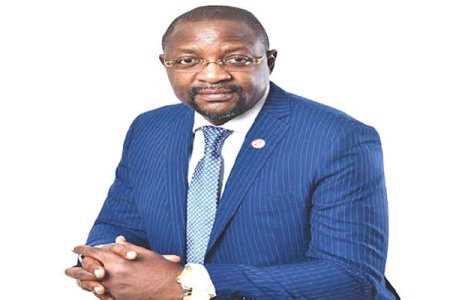
Nigeria's government has introduced tax reforms aimed at reducing the tax burden on small businesses and promoting equity across the country. The proposed changes, effective in 2025, are designed to enhance economic growth, with recent GDP growth showing positive results. President Tinubu's administration remains focused on prosperity.
The Nigerian presidency has emphasized that the proposed tax reforms under President Bola Tinubu’s administration will promote prosperity for the nation’s poor. Sunday Dare, the President’s Special Adviser on Media and Public Communications, made these comments following the release of the National Bureau of Statistics (NBS) third-quarter GDP report for 2024.
On October 3, President Tinubu urged the National Assembly to pass four key tax reform bills, including the Nigeria Tax Bill, the Tax Administration Bill, and the Joint Revenue Board Establishment Bill. These reforms aim to reduce the tax burden on small businesses and promote equitable distribution of tax benefits across all states, addressing the “headquarters effect,” where states hosting company headquarters tend to benefit more from taxes.
Despite opposition from some northern governors, who voiced concerns over the potential negative impact on the region, the Tinubu administration has pressed on with the reforms. Dare highlighted that the proposed changes aim to alleviate the financial strain on businesses while helping spread wealth to poorer segments of society. The goal, according to Dare, is to create a tax system that fosters equity and promotes growth across all regions of the country.
Dare also pointed to the recent 3.46% GDP growth for the third quarter of 2024, as reported by the NBS, as an indicator that the government's economic policies are beginning to bear fruit. Tinubu reaffirmed his commitment to growing the Nigerian economy, with aspirations for it to reach $1 trillion by 2030.





